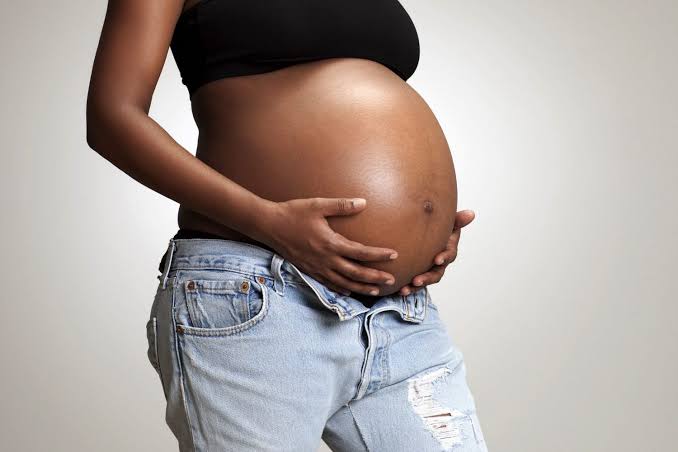Pregnancy, also known as gestation, is the period during which a woman’s uterus nurtures the growth of one or more embryos into a baby.
When a woman conceives multiple babies simultaneously, it is referred to as a multiple pregnancy.
Typically, pregnancy occurs as a result of sexual intercourse, although assisted reproductive technologies can also lead to conception.
The outcome of a pregnancy may vary, potentially resulting in a live birth, stillbirth, spontaneous miscarriage, or induced abortion.
Generally, a woman’s pregnancy lasts approximately 40 weeks from the onset of her last menstrual period (LMP).
Birth defects refer to irregularities or inconsistencies in a baby’s physical or internal anatomy that are present from birth.
While not all birth defects can be prevented, a pregnant woman’s actions can significantly impact the likelihood of her child being born with certain abnormalities.
To give birth to a healthy child, a pregnant mother must make a deliberate effort to prioritize her health.
According to the Centers for Disease Control and Prevention (CDC), it is the expectant mother’s responsibility to ensure her unborn child develops normally by adopting a healthy lifestyle and avoiding harmful behaviors during pregnancy.
Here are 4 reasons some pregnant women have babies with disabilities:
1. Lack of Pre-Pregnancy Planning
Some women fail to make essential prenatal arrangements when they become pregnant. However, it’s crucial to take folic acid supplements, with a daily intake of at least 400 milligrams, to prevent severe birth defects in the brain or spinal cord.
2. Neglecting Medical Care
Pregnant women who neglect to seek proper medical advice during their pregnancy are more likely to have children with birth abnormalities. To minimize risks, it’s essential to initiate prenatal care as soon as you suspect pregnancy and maintain regular hospital visits throughout this period.
2. Exposure to Harmful Substances
Using potentially hazardous chemicals and consuming alcohol during pregnancy can lead to lifelong physical, behavioral, and cognitive impairments in the child. Smoking during pregnancy also poses significant risks, including birth defects such as cleft lip and palate, as well as increased mortality rates. Additionally, marijuana use during pregnancy has been linked to birth abnormalities.
4. Untreated or Preventable Infections
Certain infections contracted during pregnancy can harm the developing fetus. Therefore, regular check-ups and timely treatment of infections are crucial for preventing potential complications and ensuring a healthy pregnancy.

